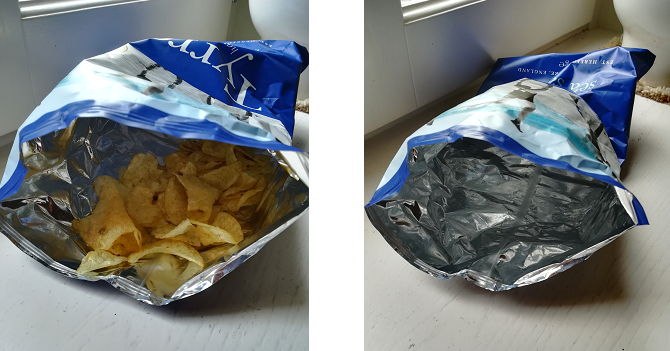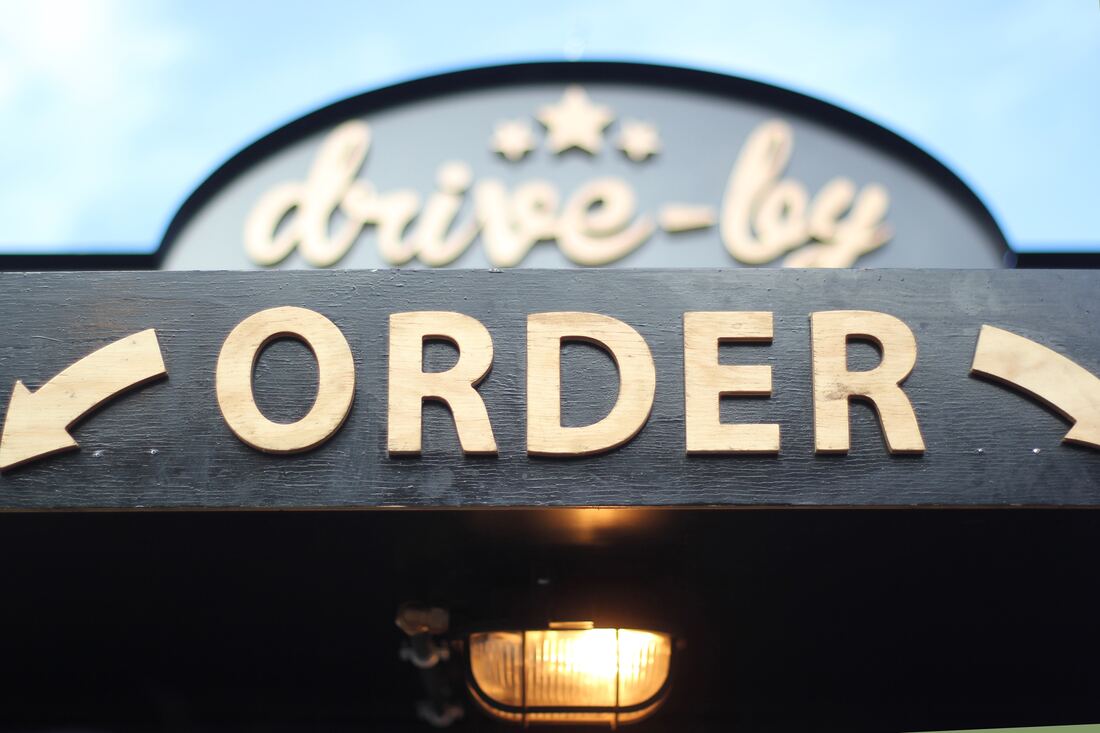|
Compound Nouns Question: What's the difference between a packet of crisps and a crisp packet? Answer: The first is full of crisps, the second is empty! If you got the answer wrong, read on! Problems with word order in English sentences are not, unfortunately, limited to adjectives. The English language is full of what we call compound nouns - where two or more nouns are put together to create a word or expression (e.g. raincoat, company report). The problem for learners is to know whether to write these expressions as a single word (raincoat), as separate words (company report) as a hyphenated word (a twentieth-century problem), whether to use the apostrophe ‘s’ (the government’s decision) or whether to use 'of' or 'from' (a packet of crisps). For example, when we want to talk about a factory that produces cars, should we say a car factory or a car’s factory? (Right answer: car factory) And do we say the company cars or the company’s cars? (Right answer: both are possible but the nuance is different!) Unfortunately, the rules are not easy. But here is as simple an explanation as I can offer. When we put nouns together, there are three types of structure, and compound nouns usually fit into one group or another. Group 1 (apostrophe ‘s’) In this group, the second word belongs to the first. There is a notion of possession, so we use an apostrophe ‘s’ . We found a bird’s nest in the hedge. (The nest belongs to the bird) My sister’s bicycle is blue. (The bicycle belongs to my sister) The cat’s bowl is dirty. (The bowl belongs to the cat) The Director’s car is a Mercedes. ( The car belongs to the Director) The Government’s decision was unpopular. (The decison was made by and therefore belongs to the Government) Groupe 2 In this group, there is no apostrophe ‘s’ because there is no notion of possession. The first noun functions as an adjective. A car company (car is functioning as an adjective to describe the type of company - it’s not a chemical company) A business report (business is describing what type of report it is – it’s not a medical or school report) A government decision (government is functioning as an adjective - the decision was made by a government, not a school or city council) A water-bottle (water is describing what the bottle is used for - to contain water not wine) A raincoat (rain is describing the type of coat – to protect against the rain as opposed to the cold) Nouns in this group can be written as one word, if they are expressions which are used very often (e.g. raincoat, homework, snowman). Or they can be written as two separate words (e.g. car factory, business report, coffee bean, car seat). Or they can be written with a hyphen (a water-bottle, a paper-clip). There are no easy rules for this, so the best thing to do is to check in a dictionary if you are in doubt. Group 3 (of and from) In the last group we put the nouns together using the prepositions of or from. A bag of crisps (a bag which contains crisps) A bottle of beer (a bottle which contains beer) A woman from London (a woman who comes from London) The gravity of the Earth (the gravity belonging to Earth) When to be extra careful! Sometimes, an idea can be expressed in more than one way. We can say: a London woman or a woman from London and there is no difference in meaning. Similarly, we can say: the gravity of the Earth or the Earth’s gravity. But sometimes the meaning changes, so you need to be careful. Look at the following examples: Cat bowls are sold in most supermarkets. (Bowls for all cats) We’ve put the cat’s bowls in the garage. (The bowls for our individual cat – there is a notion of posession) Would you like a bottle of beer? (A bottle containing beer) Please put all the empty beer bottles in the recycling bin. (The bottles which are used for beer but which are now empty – beer is functioning as an adjective) Would you like a cup of tea? (A cup with tea in it) Oh no, I’ve broken a tea cup! (A cup which is used for tea but which is currently empty and now broken! – tea is functioning as an adjective) The company cars or the company’s cars? So going back to the example of the company cars or company’s cars. What is the difference? Well, company cars (no apostrophe ‘s’) are cars given to employees as part of their salary package. Company is used as an adjective to describe the car and show that it is not a personal car (i.e. personally bought). The company’s cars (with apostrophe ‘s’) refer to cars truly belonging to a company which stay on site as part of a car pool and can be used by employees during the day or for a business trip but not for personal use. Conclusion So now you know the difference between a packet of crisps and a crisp packet. But it's not easy. The best way to learn which structure to use is to read as much as you can and as often as you can in English. If you read regularly you will gradually learn instinctively whether it’s right to use an apostrophe ‘s’ , the preposition ‘of’ or neither. It’s a question of contact time with the language. The difficulties with word order do not stop here! The flexibility of English means that we can put more than two nouns together (e.g. a two-door company car!) creating more dilmmmas about word order! All will be explained in Getting words in the right order in English Part 3 – coming soon! Adjectives Word order in English often poses the learner a big problem. Mistakes are usually made in writing as well as when trying to understand a text, because the learner applies the rules that they use in their own language. Living in France, I am only familiar with the mistakes that French leaners of English make but I’m sure that the same problem arises elsewhere in the world. Take this sentence for example: A red car. The majority of learners know that the adjective red comes before the noun car. So far so good. But if we add the word beautiful. Where do we put that in the order? The correct answer is: A beautiful red car. And what if we add the word new? Now we have to say: A beautiful new red car. So what is the rule? In English, adjectives have an order depending on what type of adjective they are. Below is the most usual sequence of adjectives with, most importantly, the noun coming right at the end. In other words, the most important word is last! Look at some examples:
We won a fantastic new red sports car in the village lottery! Mike is an amazing young British entrepreneur. Sue has just acquired a lovely big golden labrador. James bought Helen a big shiny black leather handbag. The order isn’t easy to remember, I know and it won’t cause major problems if you get it wrong and say a leather shiny black big handbag. It's just that you certainly won’t sound English! So try and pay attention to word order next time you write, read or speak English. |
Philippa StaceyPhilippa Stacey a fondé Eureka en 2007. Elle vit et enseigne l’anglais aux professionnels en France depuis 1993. Archives
Novembre 2023
Catégories |






 Flux RSS
Flux RSS